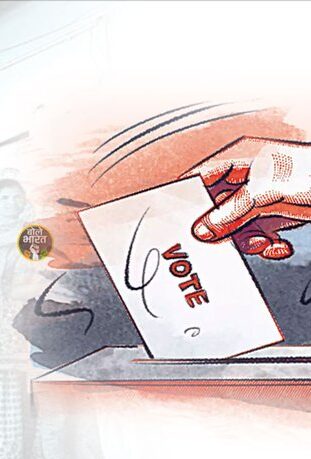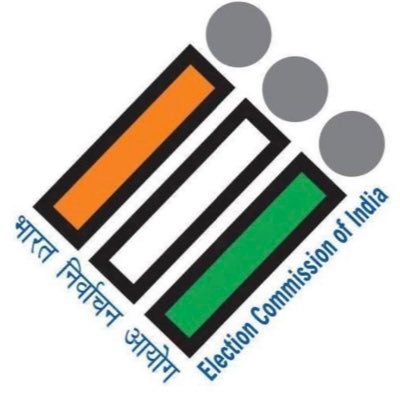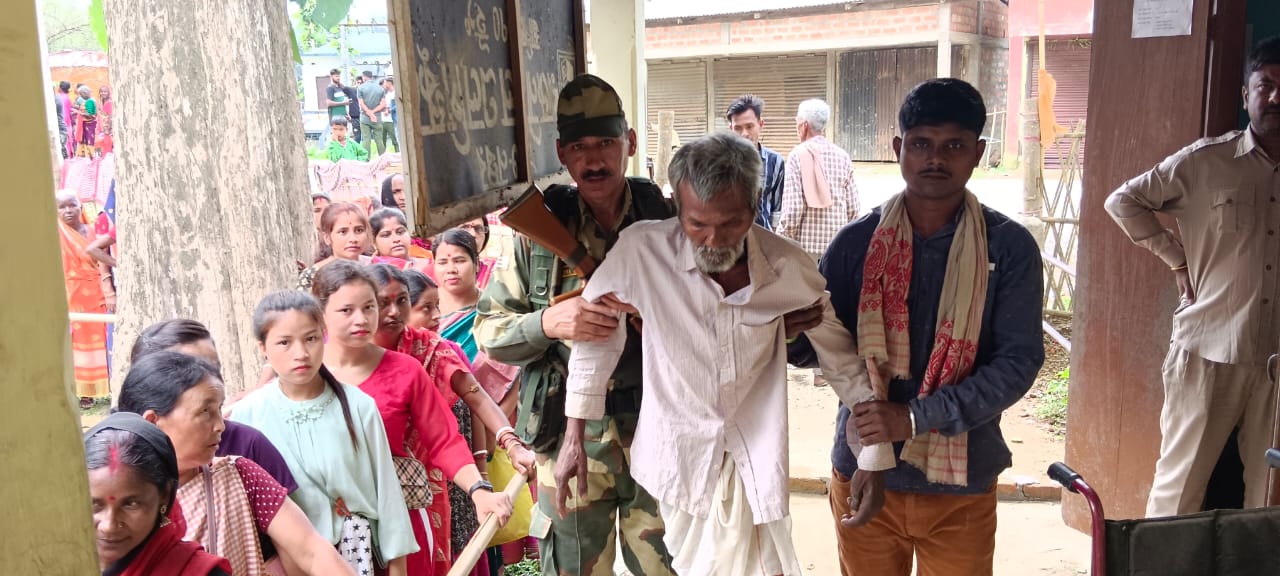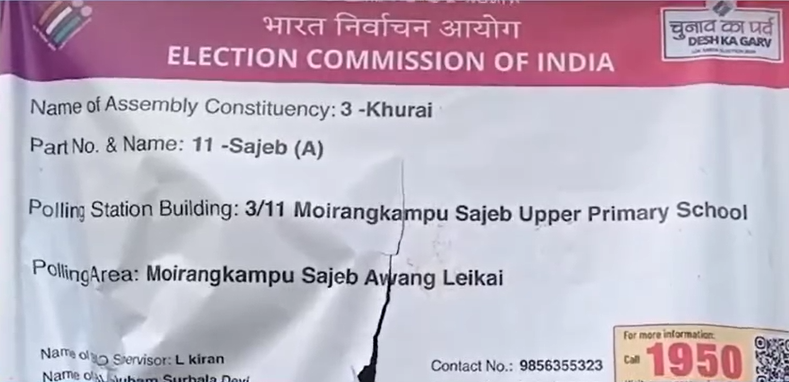The lukewarm voter response in the first two phases of the ongoing Lok Sabha elections raises several questions about the underlying reasons for their apathy. Is the weather a deterrent, or is it disillusionment with governance, scepticism towards nominees/parties, or lack of faith in electoral procedures like Electronic Voting Machines (EVMs)?
 KRC TIMES Desk
KRC TIMES Desk

The lukewarm voter response in the first two phases of the ongoing Lok Sabha elections raises several questions about the underlying reasons for their apathy. Is the weather a deterrent, or is it disillusionment with governance, scepticism towards nominees/parties, or lack of faith in electoral procedures like Electronic Voting Machines (EVMs)?
Indeed, there is a pressing need to rekindle voter enthusiasm and participation in the electoral process. An initial speculation regarding low turnout often points to adverse weather conditions. The scorching heat can indeed discourage voters, especially in regions prone to extreme climates. However, while the weather may play a role, it is seldom the sole determinant of voter participation.
A more substantial factor contributing to voter apathy lies in the prevailing disillusionment with governance. Citizens, disappointed by unfulfilled promises, rampant corruption and inefficient administration, often perceive their votes as inconsequential. This disenchantment can lead to voter inertia, where individuals feel disengaged from the political process altogether.
Also, scepticism towards parties and their nominees exacerbates voter apathy. In an era marked by populism, polarisation and political opportunism, many voters struggle to identify with candidates or parties that truly represent their interests. The prevalence of dynastic politics and candidate selection based on nepotism only deepens this distrust. The leaders’ conduct leaves much to be desired. Many times, they switch sides making a mockery of the voters’ decision. Sometimes even the party the voters voted for joins hands with its arch-rival. In such scenarios, voters have reasons to feel cheated.
As if all this were not enough, there are doubts about the efficacy of the electoral process itself. Many people are given to doubt the machinery employed, including the EVMs. The introduction of EVMs was hailed as a milestone in ensuring transparent and efficient elections.
However, over time, scepticism and conspiracy theories surrounding EVMs have proliferated, eroding public trust in the process. Allegations of tampering, malfunctioning machines and lack of transparency in EVMs handling have sowed the seeds of doubt in the minds of voters. Their perceived vulnerability to hacking or manipulation, coupled with the absence of a paper trail for verification, has fuelled apprehensions about the sanctity of elections. In such an environment, restoring faith in electoral procedures becomes imperative to bolster voter confidence. The situation turned so grave that the matter was taken to the Supreme Court.
On this front, introducing measures such as VVPATs alongside the EVMs can go a long way in rebuilding voters’ trust. Indeed, it would take an effort by the Election Commission as well as the political class to instil a sense of confidence among people that their vote is sacrosanct. By demonstrating integrity and a genuine commitment to serving the public interest, political parties can rebuild the trust with for-now disillusioned voters.
Advertisement | KRC Times






